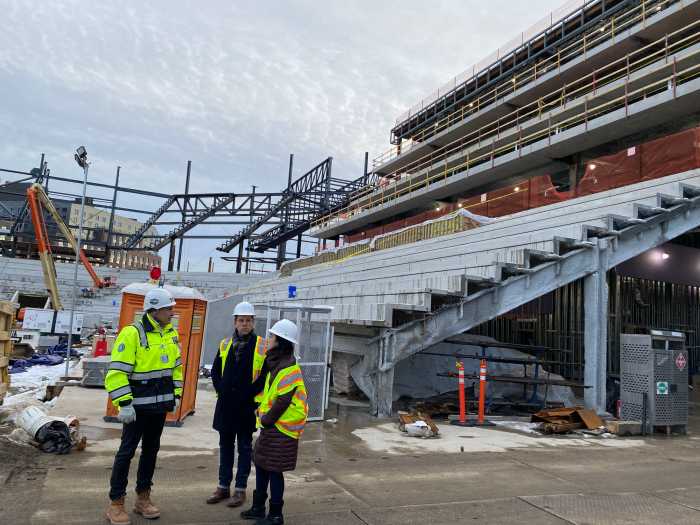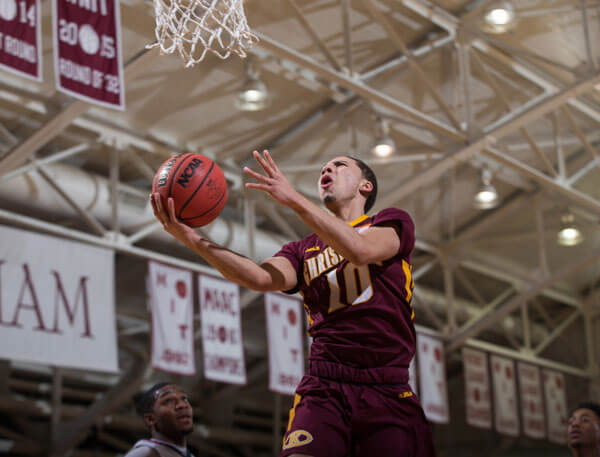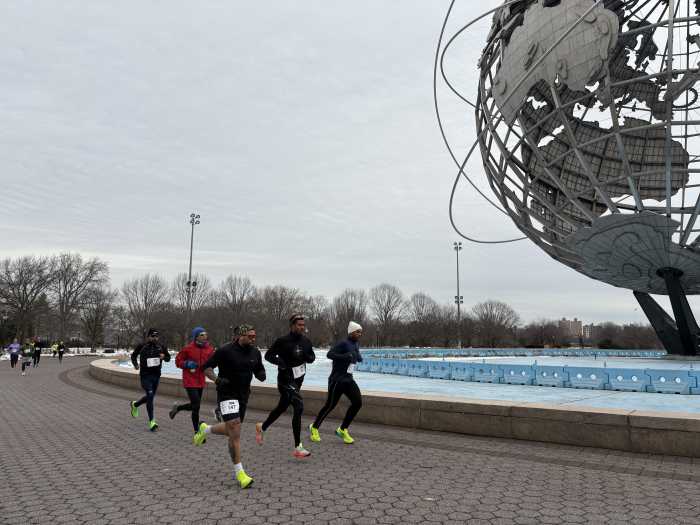David Wright’s Major League debut was on July 21, 2004 against the Montreal Expos. He played third base and went 0 for 4. Thus began the career of the future Met all-star and perpetual enigma.
Wright was immediately impressive in his first season with the Mets. In only 263 at bats, the 21-year-old Wright hit 14 homeruns and drove in 40 runs while hitting .293. It was just a preview of what he would produce at the plate.
Between 2005 and 2008, Wright’s four best seasons as a pro, he hit over .300 each year and had a combined 116 homeruns and 449 RBI. Wright was well on his way to becoming a franchise-changing player – or so Mets fans thought.
In 2009, the Mets moved into Citi Field, and Wright’s power vanished along with Shea Stadium. He hit a pedestrian 10 homeruns and produced only 72 RBI. In 2010, Wright’s power returned, but he hit an unimpressive .283, the worst batting average of his career. His strikeouts have also skyrocketed, peaking last season, when he whiffed 161 times.
This season, Wright missed over two months with a stress fracture in his back. He is currently hitting .255 with 10 homeruns and 40 RBI.
In short, Wright has taken significant steps in the wrong direction during the past several seasons. Between the ages of 23 and 25, the third baseman was not only the Mets’ premier player, but he was among the best players in all of baseball. Today, he may not be included in the conversation for the top 20 players in the league.
Many Mets fans expected Wright to be the team’s version of Derek Jeter – a passionate leader who sacrificed everything to win and delivered championships. While these expectations may have been unreasonable, as many New York sports demands are, it was not irrational to assume Wright to improve after the age of 25.
Due to the unfulfilled expectations placed on him, a great deal of the animosity stemming from the Mets’ failures has been directed, often unjustifiably, at the 28-year-old.
Wright’s role as team leader comes with criticism when the Mets lose and praise when the squad has succeeded. One of the common complaints regarding Wright is that he is not clutch. This belief undoubtedly stems from the team’s late season collapses. However, Wright was more than competent in the batter’s box while the majority of the team was folding.
During the Mets’ historical collapse in 2007, he hit .352 with six homeruns and 20 RBI in September and October. In 2008, when the club’s lead over the Phillies was disintegrating once again, Wright hit .340 while smacking six homeruns and driving in 21 runs over the final two months of the season.
His worst moment was unarguably against the Cardinals in the 2006 National League Championship Series, when he hit .160 with one homerun and two RBI. Beyond that horrid seven-game series, he has mostly come through when the team needed him the most.
Wright’s inability to reach the level most hoped he would, while greatly disappointing, is not just cause to make him the scapegoat for the Mets’ shortcomings.
Despite his failures the past few seasons, and due in large part to the lack of sluggers in the team’s history, Wright has already classified himself as one of the greatest Mets position players ever. He is the team’s all-time leader in both total bases and doubles, and he ranks fourth in homeruns with 179 and second in RBI with 704.
The criticisms will continue, but one thing is certain – the Mets and their fans could have done a lot worse than David Wright.

































